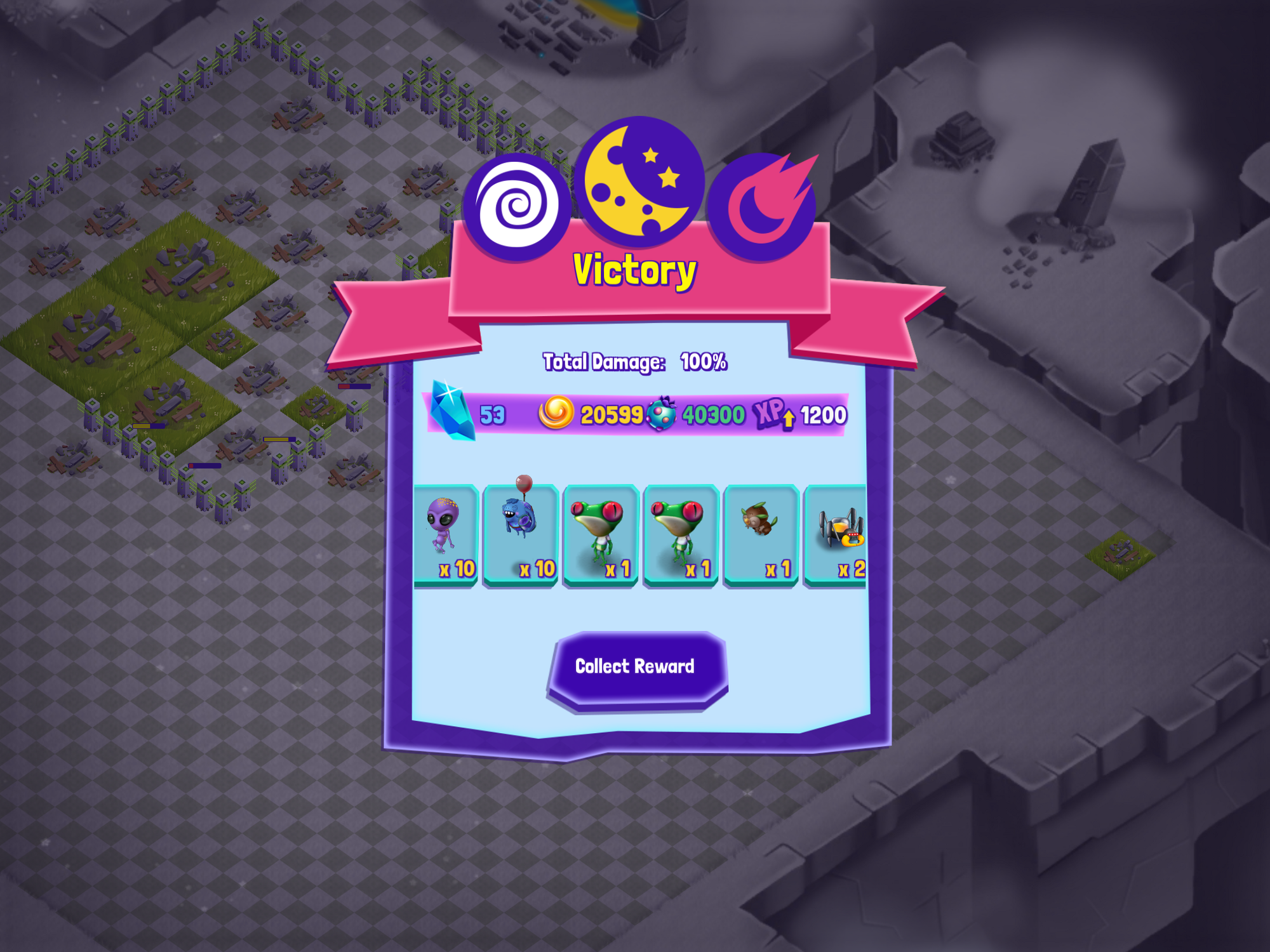Lessons XP Can Teach Us on Motivating Learning

What is XP? XP, which stands for Experience Points, is one (of the often many) stats tracked for each player. But, unlike things like lives or money or resources which players will continually gain and lose (or use) as they play, XP only ever moves in one direction: up. XP has a direct correlation to how much one's played and how strong/capable their character is.
1. Remind Students That They Start at 0
Often, when we think about assessing learning, we think about a bunch of separate moments (essays, tests, assignments, and so on) that are graded independently of each other. At the end of the year (or quarter or semester), these grades are combined together to determine a final one. One result of this system, is that there often feels like a disconnect from assignment to assignment, and that students can easily lose perspective of how all the pieces are interconnected.
Another result of this system is that it can set up in students heads a false situation where they look at their grade in a class as having started at 100%. Then, as they complete each assignment, each test, each requirement, if they don't get 100% (which is most of us), they "lose" part of their final grade. So they start with an A+, and then over the course of the semester they watch their grade slip to an A, A-, and so on. This can be very demoralizing, as getting the grade you wanted at the start may prove impossible before you're even halfway through the course.
XP turns this concept on the head, by explicitly stating that everyone starts at 0. You have no experience when you start the game. You're a blank slate, just like all the other new players in the game. And from then on, everything you do works to increase your XP. This drives you to continually do more, and to do better, as you get to watch your XP increase.
It's important to note that players can't lose XP. This drives home the idea that everything they do contributes to their character constantly learning and improving. That you're always better than you were before. That you can always be better than you are now. And that both failure and success are steps in the learning process.
2. Provide Many Opportunities for Students to Increase Their XP
In a traditional class there is usually a planned set of assignments and tests and projects that a student must do over the course of the class. If they're lucky, there may be a few opportunities for extra credit, but that's not usually a given. In games, however, there is usually what feels like an infinite number of opportunities for players to increase their XP. There are the main quests (assignments/tests) and side quests (extra practice) and the random events that fill out the game (like little monsters that pop out to be fought). All of these increase a players XP. By designing games this way, the game encourages players to keep trying. It presents players characters as always being in a state of improvement – they can always be better.
It's important to note here, that while there are lots of opportunities, and that while XP always increases, there is still differentiation between players. Not only will they not all complete the same series of tasks, but they won't always earn the same amount of XP for tasks, either. Sometimes the XP is set and completing the task rewards it all. But often times it may take into account how long it took a player to complete the level, did they manage to collect any special coins along the way, and what bad guys they defeated. XP, like grades, can vary from player to player.
3. Adjust Expectations Based on Current XP
Additionally, classes generally follow a set timeline/schedule. Assignments happen in a set order, and everyone must move forward at the same pace, regardless if they are ready or have mastered the current material. Games, on the other hand, often use a players XP to help shape the game experience. It may be used to determine what quests a character is sent on, or what the strength of the characters they'll battle will be. In multiplayer games, it is often used to match opponents such that they have similar skill sets. All of this allows the game to keep the difficulty at the edge of the players ability. This results in players remaining in a challenged state, where they feel like they're being pushed, but that they also believe that they can achieve what is set before them. This means that even if they fail, they'll feel motivated to try again.
So, How Can You Use XP in a Classroom?
A starting point, is to consider making it more explicit (especially if you teach older students) that all students arriving in your class arrive with a current grade of 0. That in order to pass, and to get whatever grade a student hopes to achieve, they will need to earn it, by completing assignments and other tasks.
You should build in lots of opportunities for students to increase their XP, not just a single set of assignments and tests. But remember, these opportunities are not meant to allow your top students to push the goal farther away from the rest, but to allow all your students to have the opportunity to achieve the knowledge you want them to learn.
When you plan your course and set up your grading scheme, determine in advance what the total possible XP a student could get in your class. Then set your benchmarks that will translate XP to grades. I don't recommend making it that a student must earn 100% of the XP to equal an A+ or anything like that. Some of the XP should be there specifically to give students an opportunity to bump up their mark. Remember, XP doesn't have to be seen as pass/fail — you can still use a rubric or have a multiple choice test and use the results.
The main takeaway from XP, in my opinion, is that the main benefit of its design is that it focuses players to always look forward and find more opportunities. It doesn't allow them to wallow over not defeating a monster or failing at a quest. Instead, it reminds them that there will be more monsters and more quests, and that they'll get it next time.

